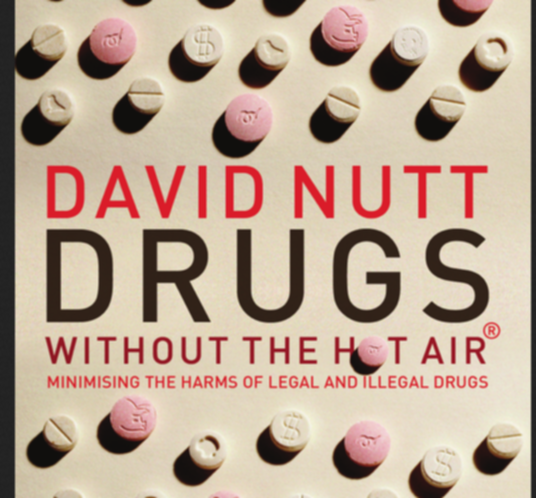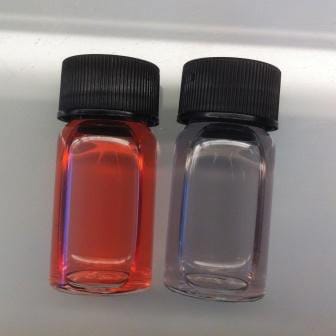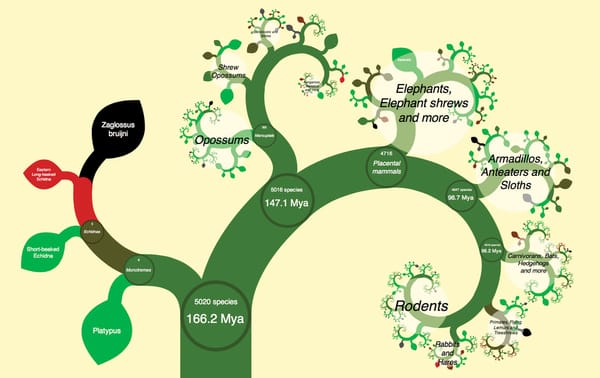MS drug trial shows potential
Nick Kennedy on a potential cure to an awful disease
A new drug is the most effectivetreatment for multiple sclerosis (MS), say researchers at the University of Cambridge.
The scientists treated MS patients with alemtuzumab, a monoclonal antibody normally used to fight leukaemia. Alemtuzumab proved more effective than a first-choice drug, interferon beta 1a, in two groups of patients who suffered from relapsing-remitting MS.
One group consisted of patients where initial treatment had failed, the other in previously untreated patients.
MS occurs when the immune system attacks and damages myelin – an insulating substance wrapped around nerves. The impaired nerves fail to transmit signals as normal. This is particularly harmful in the white matter of the brain and spinal cord, which is composed mainly of myelin.
The disease affects almost 100,000 people in the UK.
The findings showed that in patients who deteriorated after first-choice treatment, alemtuzumab reduced relapse rate by more than 40% compared with interferon beta 1a (known commercially as Ribif). In untreated patients, alemtuzumab reduced relapse rate by more than 55% compared with Ribif. Many patients even showed improvements in disability. MRI scans revealed less myelin damage in alemtuzumab-treated patients.
Alemtuzumab wipes out T and B lymphocytes so they can be replenished anew, essentially resetting the immune system. It binds to CD-52, a protein on the surface of lymphocytes. These lymphocytes are destroyed and repopulated, leading to long-lasting changes in immunity.
Despite the obvious benefits of alemtuzumab, undesirable side-effects of the monoclonal antibody were reported. A high proportion of patients suffered from abnormal thyroid function (one in five) and thrombocytopenia, a platelet disorder. But routine monitoring and education can prevent these side-effects, says Dr Alasdair Coles, who led the research.
The research was funded by Genzyme (Sanofi) and Bayer Schering Pharma. Alemtuzumab has since been withdrawn from the European and US market. Genzyme intend to remarket the drug specifically for MS treatment under the trade name Lemtrada. There is concern that this potentially life-saving drug will be too expensive for many MS sufferers and health services.
DOI: 10.1016/S0140-6736(12)61769-3 10.1016/S0140-6736(12)61768-1








